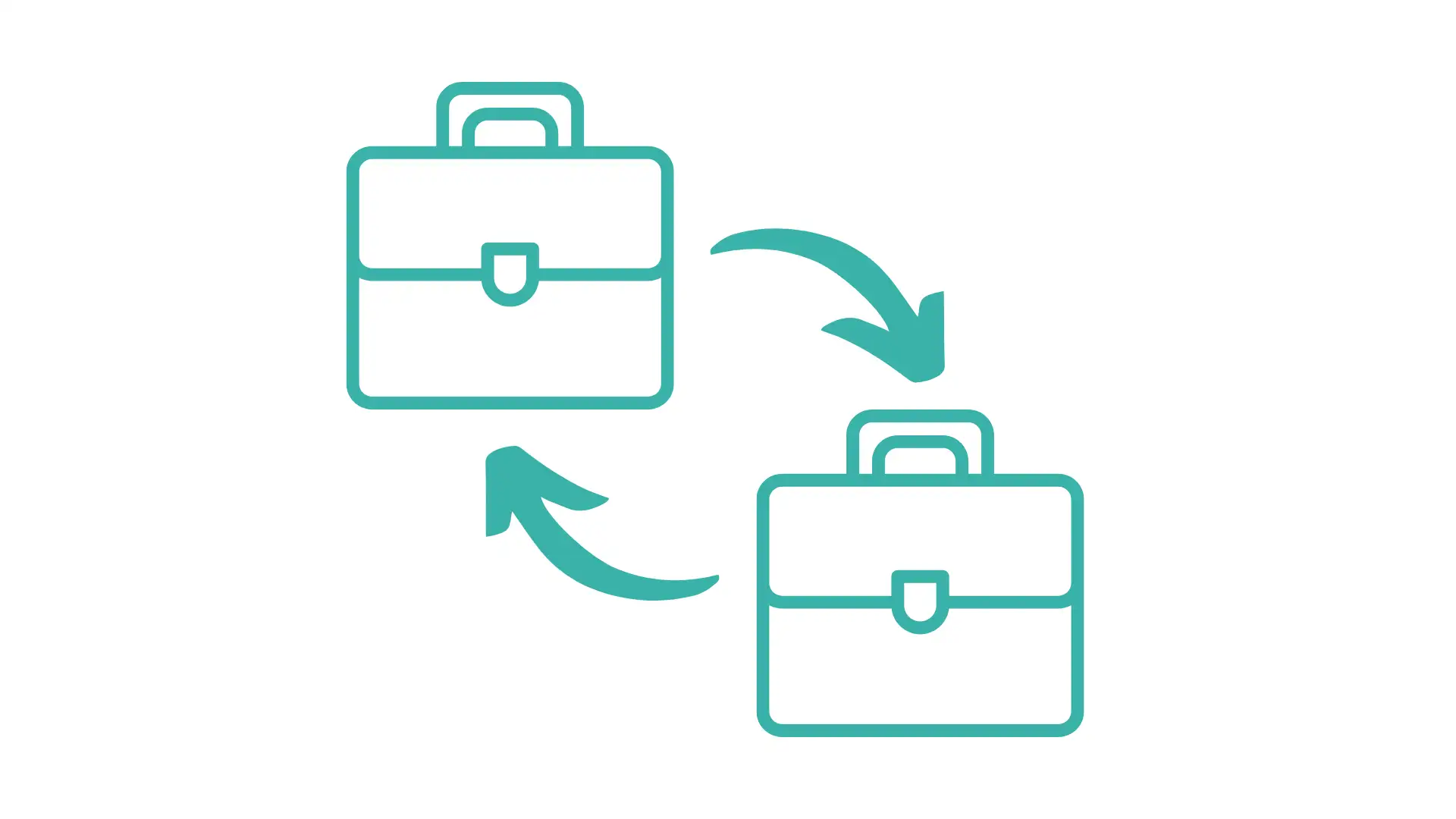B2B – what is it? If you've never heard this acronym or aren't sure what a B2B contract is, check out the essentials. Find out what a B2B contract is, who can decide on this type of cooperation and what are the advantages and disadvantages of this solution.
B2B contract – what is it?
B2B is an abbreviation for B2B business-to-business, therefore it is a civil law contract concluded between two companies. The parties to such an agreement may be various companies, regardless of their legal status and size, e.g. a joint-stock company and a sole proprietorship. A B2B contract is governed by the provisions of the Civil Code, and during cooperation, one party undertakes to provide services to the other for a fee. Various types of transactions can be carried out under a B2B contract, provided that both parties run a business. They most often work on such contracts specialists in the field of IT, coaching, marketing, HR, training and consulting.
[accounting_banner]
What are the advantages of B2B?
B2B means advantages for both parties to the contract. While the client can relieve himself of the obligation to pay contributions or provide the employee with a workplace, the contractor gains greater freedom and the ability to acquire new clients. Check out the most important advantages of B2B.
- Higher salary – a person under a B2B contract pays contributions and advances on his own, and yet he usually manages to obtain a higher amount than in the case of an employment contract. At the beginning of running a business, an entrepreneur can also count on a lower Social Insurance Institution (ZUS) and choose the optimal one forms of taxation allows you to bring additional savings.
- Possibility to deduct costs – as part of the business activity, it is possible to subtract expenses (costs) from revenues, which allows you to reduce tax.
- Endless possibilities – a B2B contract allows you to cooperate with many clients, so you don't have to ask for overtime in the company: to increase your income, you can simply find more orders.
- Flexible working time – your only responsibility is to provide the service within a specified time. This means you can work from anywhere, at any time: so it's a great solution for night owls and people who prefer to work from home or while traveling.
What are the disadvantages of B2B?
A B2B contract means not only greater work freedom, but also waiving the rights of UoP employees. Before you sign a contract, check the disadvantages of B2B and see if it is profitable for you.
- No fixed salary – it's up to you how much you earn in a given month, so a B2B contract means a lot of responsibility and requires good work organization. Difficulties in obtaining orders may also be a problem.
- No employee privileges – as a B2B person, you are not entitled to paid holiday leave, sick leave or allowances for overtime, night work or weekend work.
- No benefits – you are also not entitled to additional benefits, such as private medical care, social fund, Christmas vouchers, MultiSport card and other benefits offered to people with an employment contract.
- No legal protection – B2B contracts are regulated by the Civil Code, not the Labor Code, so its rules, such as minimum wages or limited working hours, do not apply to you.
- Independent accounting – in B2B, you have to pay ZUS contributions and income tax advances, which requires good knowledge of the regulations. Of course, you don't have to do it yourself: you can use the support of an accounting office, whose services you can include in the costs.
At Open Profit we provide accounting, HR and payroll and consulting services for micro and small enterprises. Our clients include sole proprietorships and small companies, as well as people on B2B contracts. If you want to switch to B2B, contact us - we will help you register your business and we will advise you on the choice of the most profitable form of taxation. Within accounting services we will also support you in paying contributions and income tax advances.
FAQ
What is the difference between B2B and B2C?
In a B2B relationship (business-to-business) the customer is the entrepreneur, while in B2C (business-to-customer) the product or service is delivered to an individual customer who does not purchase a specific good as part of his business activity.
B2B contract and UoP – which is better?
Both solutions have their advantages and disadvantages. If you do not want to work full-time and want more freedom in terms of hours or place of work, a B2B contract is the solution for you. Remember, however, that in this case you have to say goodbye to paid leave, fixed remuneration and benefits available only to UoP employees.


